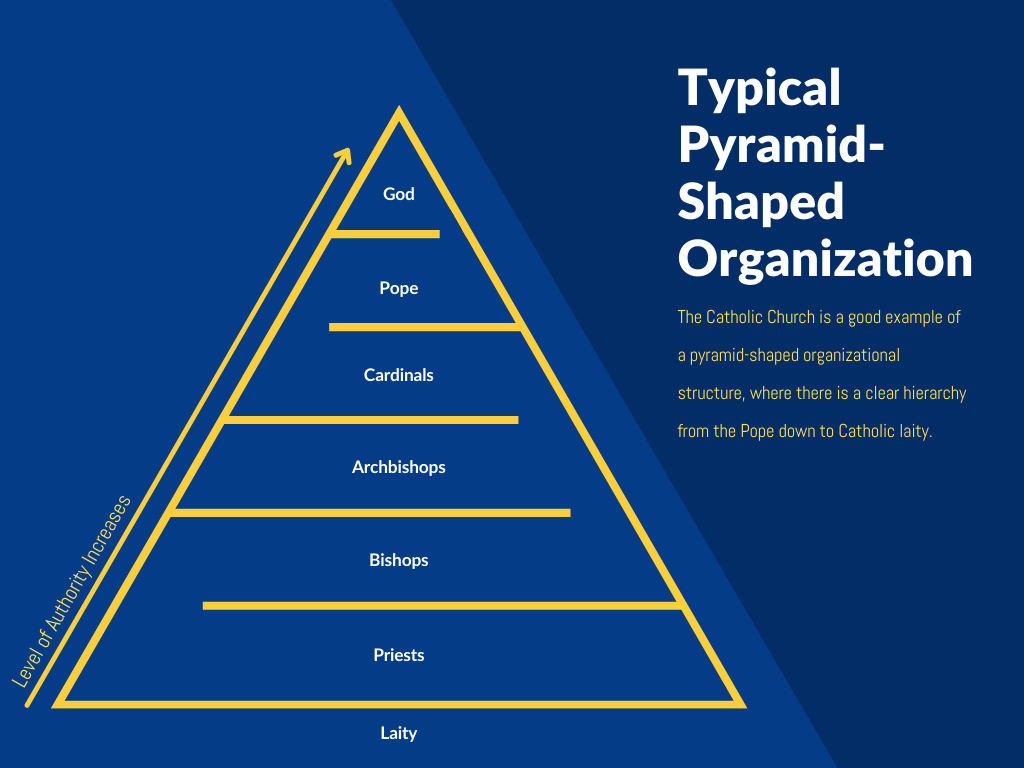Are Churches Profitable? Churches are often seen as places of community and service. They also happen to be a rather profitable business. Why? In this article, we’ll explore the factors that make churches a profitable business. We’ll look at things like membership growth, income from donations, and more. From there, you can take away some valuable insights that will help you assess your church’s profitability and determine how to best use its resources.
What Is A Church?
A church is a place of worship where people come to believe in and follow a religious leader or doctrine. Churches can also provide social and community services. Many churches are nonprofit organizations, but some are for-profit businesses.
The United States has the largest number of churches per capita of any country in the world. The church attendance rate in the United States was estimated to be 73 percent in 2013. About half of all Americans who identify as Christian attend church at least once a month.
Churches can be profitable if they have a large membership base and generate revenue from services such as weddings, funerals, and baptisms. However, many churches experience financial difficulties because of declining membership rates and increased competition from other religious institutions.
Types Of Churches
There are a number of different types of churches, each with its own strengths and weaknesses. Here are four of the most common types:
1. Congregationalist churches: are typically small and local, making them well-suited for communities that want to maintain close ties with their church. They also tend to be more egalitarian than other types of churches, which can make them more welcoming to people of all backgrounds.
2. Baptist churches: were originally founded by believers who wanted to break away from the strict rules and regulations of the Anglican Church. Today, Baptist churches are large and influential networks with a wide variety of beliefs and services. They’re popular in areas with a large population of Protestant Christians.
3. Pentecostal/charismatic churches: emphasize the power of prayer and spiritual gifts, often using pentecostal-style worship practices such as shouting and dancing. This type of church is often seen as more volatile and unpredictable than other types, but they can also be very successful in reaching out to new members.
4. Methodist churches: trace their roots back to John Wesley, one of the founders of Methodism. Today, they comprise one of the largest religious sects in North America with widespread influence across the globe. Methodist churches tend to be more bureaucratic than other types, but they offer a wide range of services including education opportunities for children
What Does A Church Do?
Churches are a place where people come together to worship God and share their thoughts, feelings, and prayers with one another. Churches also provide a number of community services, including emergency relief work and helping the homeless. Churches also play an important role in educating children and adults about Christianity.
How Churches Make Money
Church attendance has seen a steady decline in the United States for many decades. This trend is likely due to a number of factors such as the rise of television and other forms of entertainment, the increasing availability of religious information outside of church, and the general decrease in religiosity throughout society.
Despite this downward trend, some churches are still profitable. In fact, some churches make more money than they ever have before. How do they do it?One way churches make money is by charging memberships. Many churches also have rental properties or sell merchandise.
In addition, some churches receive funding from the government or private organizations. Churches may have a long tradition of helping the less fortunate, but are churches actually profitable? It is difficult to say for certain – there are many factors that go into a church’s profitability. However, if you take a look at some of the largest and most successful churches in the world, it seems that they tend to be quite profitable.
This could be due to various things, such as high membership rates, large donations from members and donors, or helpful services provided by the church. If you’re interested in starting your own church and want to make sure it’s financially stable, consider doing thorough research into how churches work and what makes them successful.






